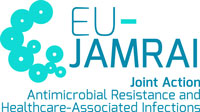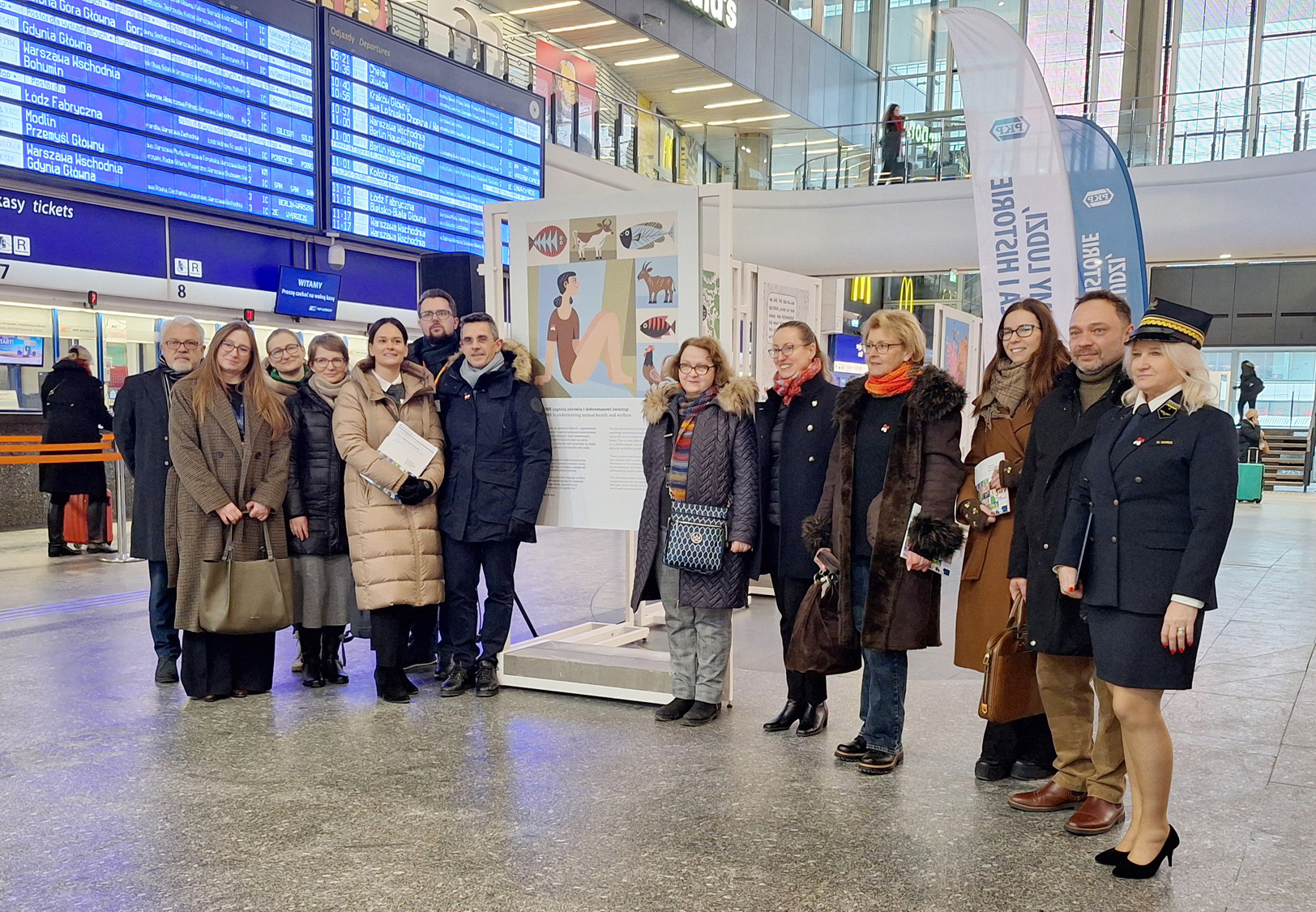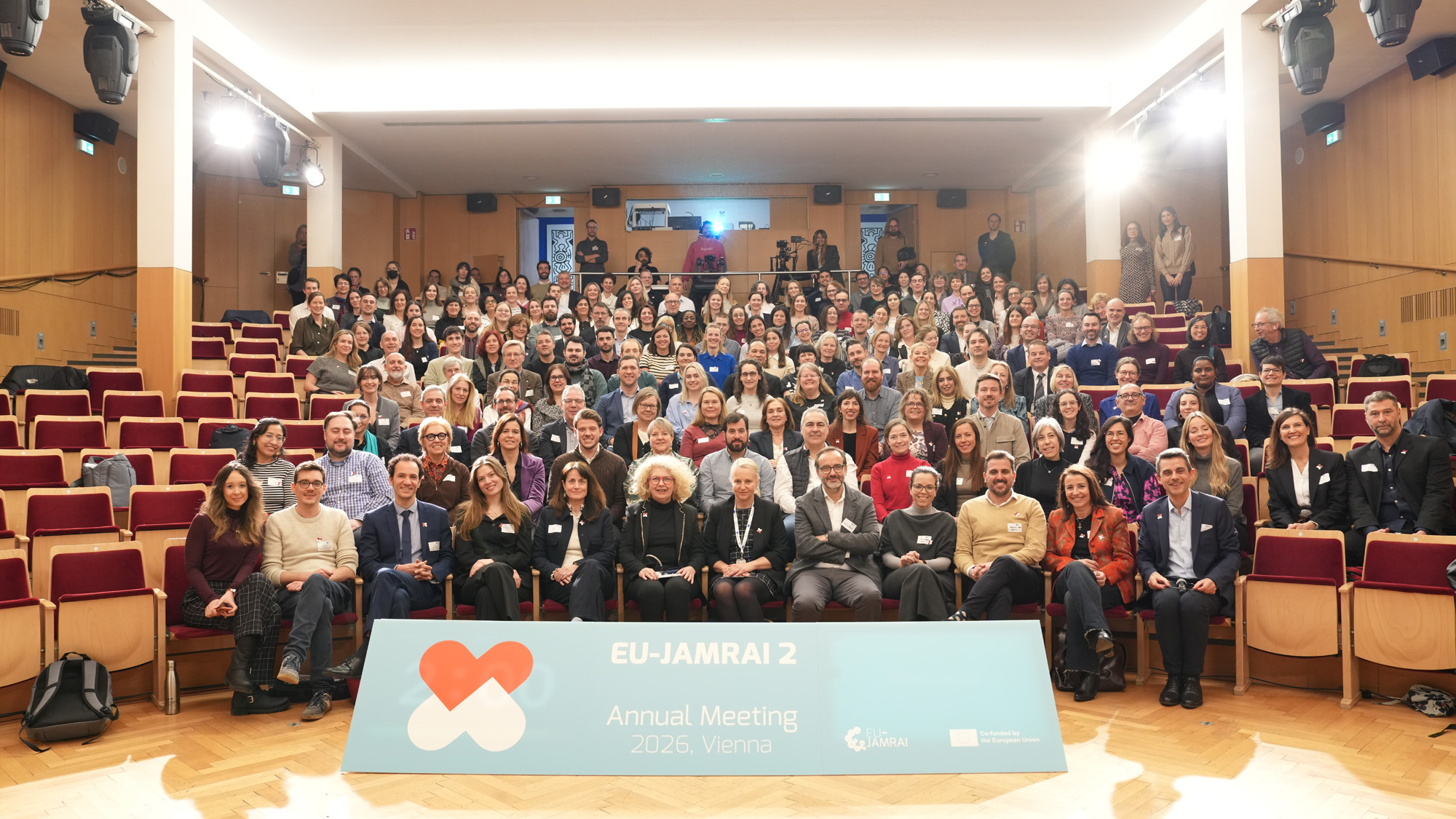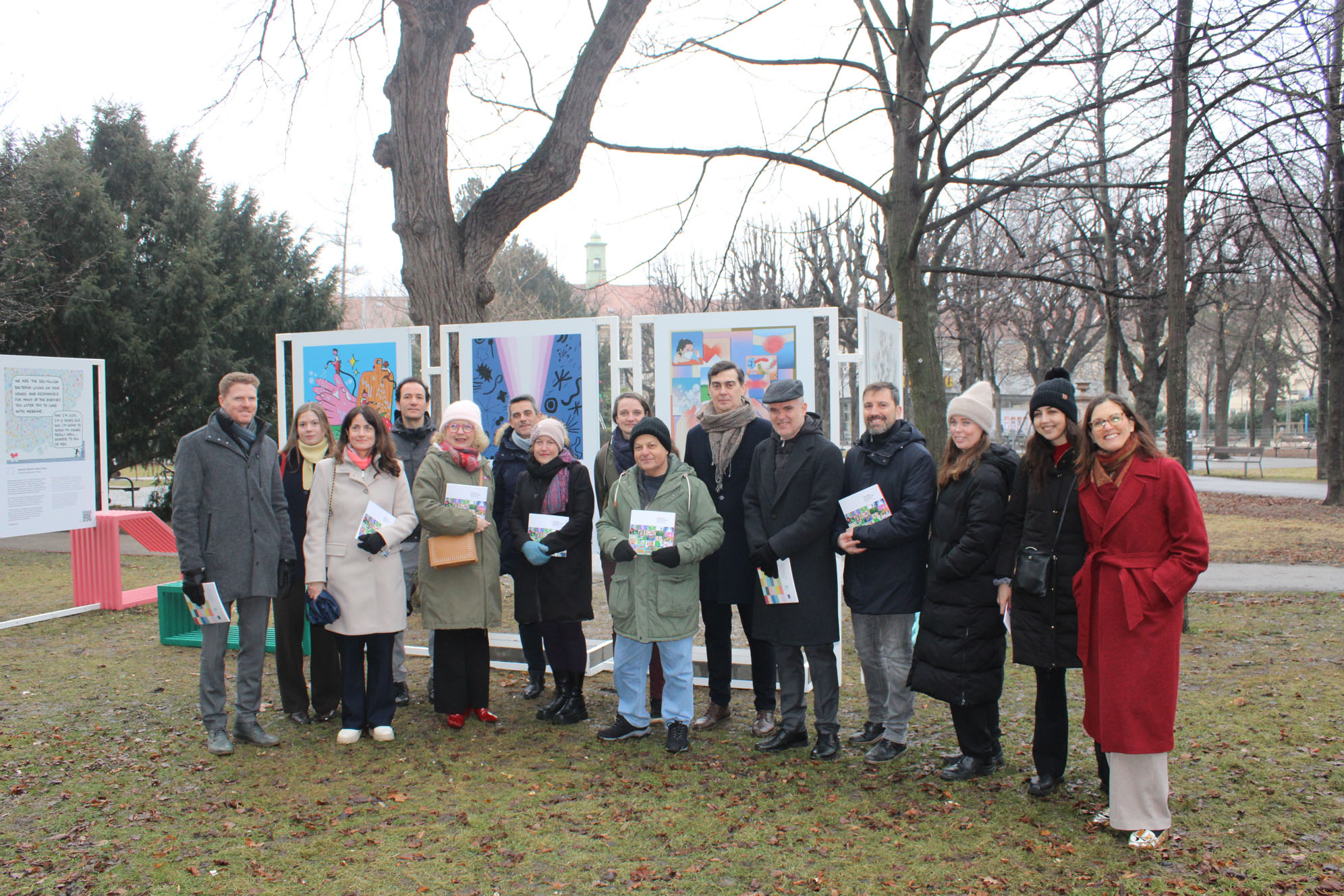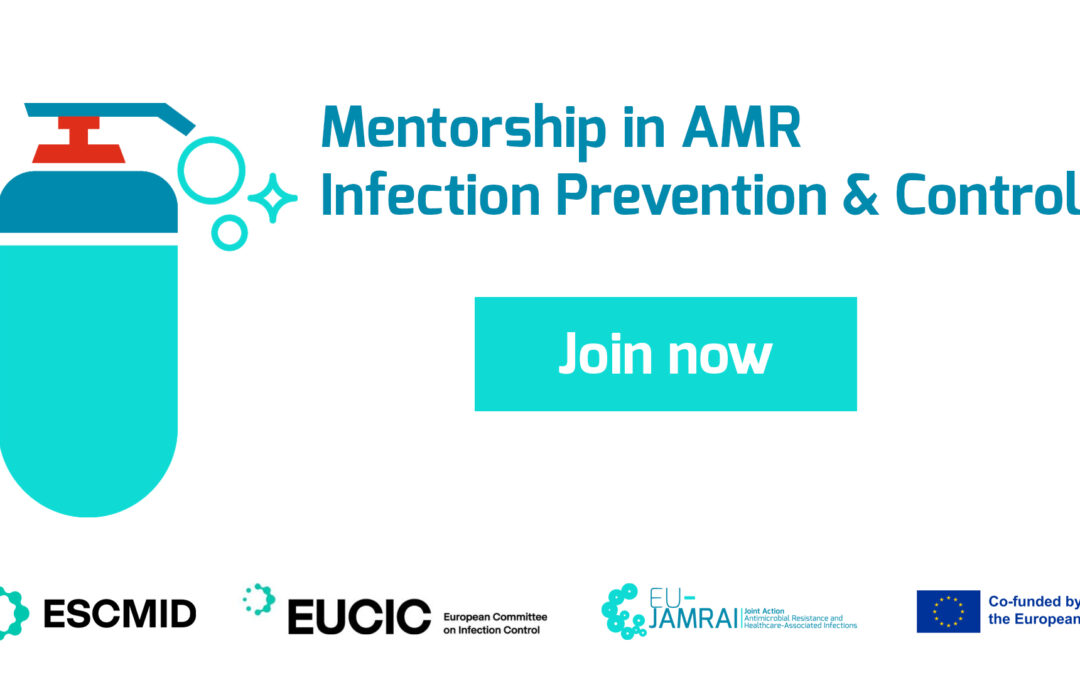The Spanish Agency for Medicines and Health Products (AEMPS) and the science museum Parque de las Ciencias (Andalucía, Spain) have signed a collaboration agreement to design an educational experience in escape room format with the aim of raising awareness of the problem of antimicrobial resistance (AMR).
Currently, the development of drug-resistant bacteria, viruses, fungi and other pathogens is one of the greatest threats to public health worldwide. Infections caused by multidrug-resistant microbes account for 35,000 deaths per year in Europe and generate additional health care costs of up to 1.5 billion euros. Projections estimate that by 2050, AMR could be responsible for more than 8 million deaths worldwide, as well as causing losses in animal production equivalent to feeding 2 billion people.
To deal with this scenario, in 2024 the European Union launched the second edition of EU-JAMRAI, a joint action that brings together 129 institutions from 31 countries (the 27 EU countries, together with Ukraine, Iceland, Norway and Switzerland) to address this challenge. The Spanish participation is led by the AEMPS, which coordinates different areas of work, including raising awareness of the different dimensions of antimicrobial resistance and healthcare-associated infections.
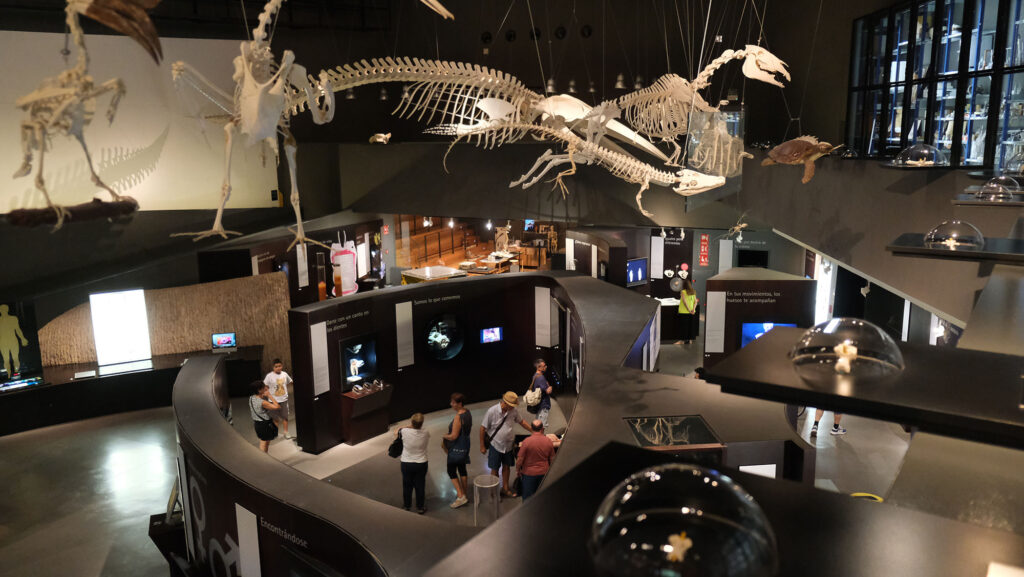
Within the framework of EU-JAMRAI 2, the AEMPS and Parque de las Ciencias will develop an activity in the form of an escape room to raise awareness in a fun and entertaining way about the importance of responsible use of medicines, and how our society is connected through ‘One Health’, which includes human, animal and environmental health in the mission to maintain the efficacy of medicines.
The activity will be an innovative approach to attract the attention of secondary school students, but will also be open to the participation of the general public.
As a result of this collaboration, visitors to Parque de las Ciencias will be the first to take part in this experience, which is expected to continue in other science museums and educational centres in different European countries.
In addition to experiencing the challenge of ‘escaping’ antimicrobial resistance first-hand, this activity will also be adapted in digital format, which will be translated into the different official languages of the EU and made available to the educational community throughout Europe to spread this message in a didactic and accessible way.
For the AEMPS, as the coordinating entity of the Spanish participation in this project, this collaboration with a science museum is a valuable opportunity to create synergies between health authorities and experts in education and science communication, to build together a necessary awareness of the very complex problem of reducing antimicrobial resistance.
The involvement of Parque de las Ciencias, which currently coordinates, prepares and manages the Strategy for the Educational Dissemination of Science together with the Regional Ministry for Educational Development and Vocational Training, projects the image of the museum as an emblematic centre for the generation of knowledge and educational innovation to promote scientific culture among citizens from an early age.
